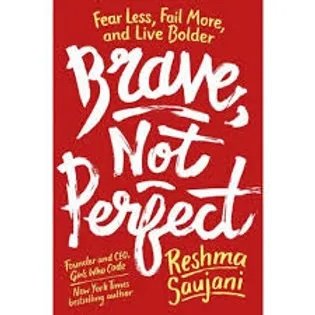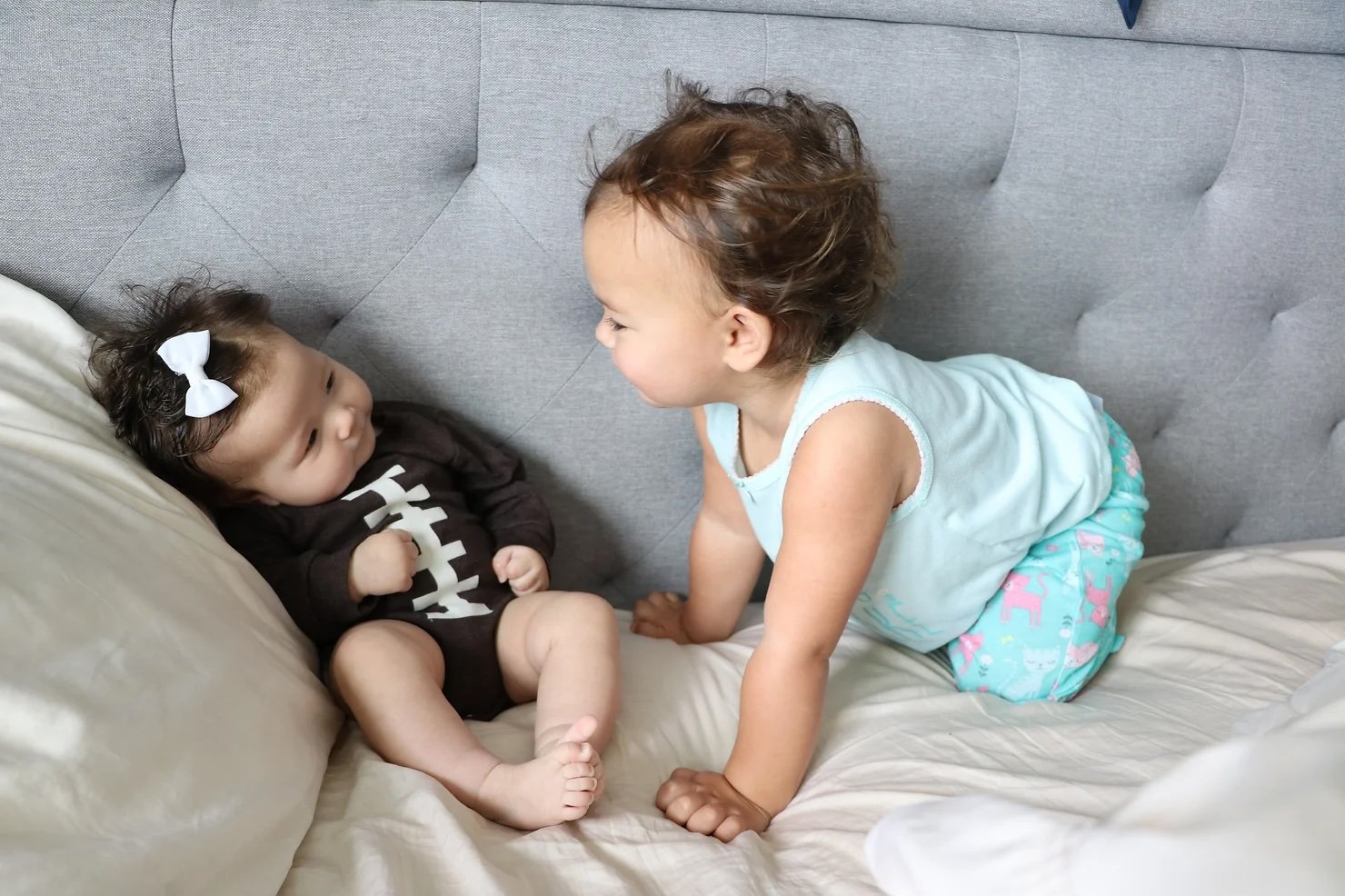Seven Really Good Lessons From a Surprising Source (5-Minute Read)
Every year, every grade, in every class I ever taught, girls out-achieved boys -- and it wasn't close.
I'm surrounded by women and girls. I have a wife, two daughters and two granddaughters. No sons. No grandsons. Even my doggie, Kihei, is "my girl."
So I'm drawn to astute advice for girls and women (which almost always ends up being astute advice for boys and men, too). Which is why I've been paying close attention to Reshma Saujani who founded Girls Who Code. (Without knowing how to code!) She has a book and podcast. Both are called Brave Not Perfect. Sub title: Fear Less, Fail More, and Live Bolder.
I downloaded her podcast and listened to her interview Alexandria Ocasio-Cortez (A.O.C.). Yeah, her. The 29-year-old, super liberal, fearlessly outspoken freshman congresswoman from the Bronx. A lot of people love her. A lot of people hate her. Hardly anyone is ambivalent about her.
Despite my concern that she might be a little too inexperienced, a little too far left and a little too loud, I liked her even before hearing Reshma interview her. But now, after listening to her (and not other people's opinions of her), there's no more concern. I'm all in on A.O.C. She can mentor my two grand girls, Coale and Dwyn, anytime.
It has almost nothing to do with her politics (although, full disclosure, I support her big picture ideas) and almost everything to do with how she's living her life. Her beliefs. Her philosophies. Her fire.
Here's what she said that I wish every girl, every boy - heck, every adult - took to heart:
1. "I'm trying. You're not." This may be the best comeback to criticism ever. She even cited Teddy Roosevelt's "Man in the Arena" speech. A.O.C. may not be perfect. (Who is?) She may misspeak or get something wrong. (Who doesn't?) But she entered the arena. She's trying to shake things up and make life better. "What," she implies, "are you doing?"
2. "What are you coding for?" This is a huge missing piece in most areas of study. A.O.C. told Reshma that if she only taught girls to code, it wouldn't be enough.
Reshma doesn't. She takes it a step farther by asking her girls who code, "What do you want to code? Why do you want to code? What are you coding for?" Or, maybe even more importantly, "Who are you coding for?"
Every teacher should require every student to ask, "Why am I learning this? What am I going to do with this knowledge, this skill?" In Girls Who Code's case, "After I learn to code, what program will I write that will solve a problem I care about?"
3. "What's the worst that can happen?" A.O.C. was speaking about not getting elected. Or re-elected. Or passing legislation. Or any disappointment. It's such a critical question to ask when undertaking risk. If we fail, what's the worst that can happen? Can we live with it? And what will happen (and how will we feel) if we don't try?
A.O.C. said that if she ends up being a one-term congressperson, so be it. Every elected politician should have that mindset. If I'm true to myself, my causes and my beliefs and I don't get elected (or re-elected), what's the worst that can happen?
4. "Follow your curiosity. Your feelings are data." When a young woman asked about finding her life purpose, A.O.C. had to tell her to pay attention to her internal compass. It's dispiriting to be living in such a data-driven world that you have to be told that your natural inclinations matter. (And it was refreshing for this baby boomer to hear a millennial fighting for feelings.)
Analytics matter. But they aren't everything. So many kids don't follow their curiosity. I don't blame them. Some simply can't. In her NY Times bestseller Educated, Tara Westover writes, "Curiosity is a luxury reserved for the financially secure." But even for kids who don't worry about money (maybe especially for those kids) the system rewards template living.
We need more models like A.O.C. She was working as a bartender when she learned about the Native American protests at Standing Rock, North Dakota. Following what she considered a surprising curiosity - she wasn't overly aware of indigenous people's issues - she went there, got inspired and ran for Congress. Considered a long, long shot, she unseated a ten-term incumbent.
There was no template for that.
5. "Make each day a non-zero day." A zero day is when we make no effort to progress toward our goals and dreams. Don't let that happen, A.O.C. advised. Do something. Do anything. Write a page. Enroll in an on-line class. Check out a relevant library book. Walk around the block. Even a small thing is better than nothing.
6. "You can't be what you can't see." Her point was that too many girls (and boys) don't get to see women killing it at work. And they almost never get to see women succeeding in non-traditional women's work. She's changing that. She's showing what's possible.
It's why I was obsessed with having guest speakers come into my classroom. I wanted my students to see as many positive examples of how to live a life as they could.
7. "Don't be afraid of confrontation." A.O.C. certainly isn't! That's what sometimes gets her into "trouble." But she followed that up by adding that "confrontation doesn't have to be negative." Stand up for yourself. Speak out. Submissiveness is easy but not conducive to achievement or satisfaction. Confrontation is hard but is.
8. (This was not from A.O.C., but from Reshma as she concluded the podcast.) "If life were one long grade school, girls would rule the world. But it's not!" Having taught in public schools for 32 years, not just in grade school but also in middle school and high school, I can attest to that. Every year, every grade, in every class I ever taught, girls out-achieved boys - and it wasn't close.
I've often wondered what happens later. Why aren't women ruling the world? Because they can't out-sprint guys? Or out-lift them? Or, dunk as spectacularly? Because those are the only areas I've ever seen where guys outperform girls.



